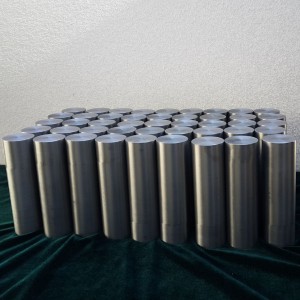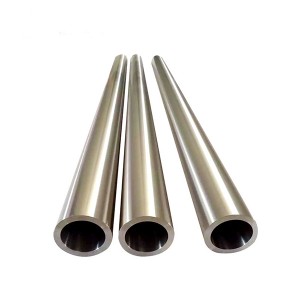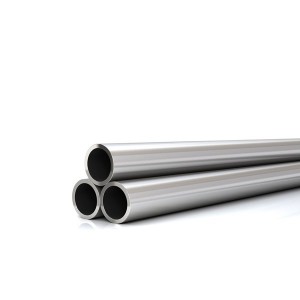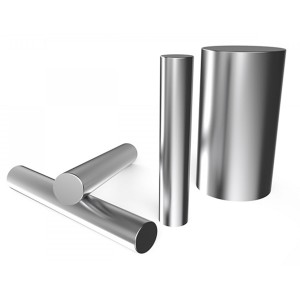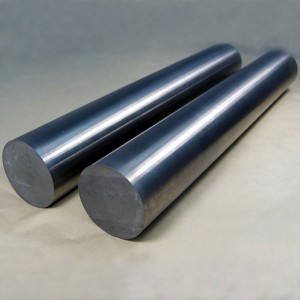High temperature resistance molybdenum rhenium alloy rod
Molybdenum target material is an industrial material mainly used in high-tech fields such as semiconductor manufacturing, thin film deposition technology, photovoltaic industry, and medical imaging equipment. It is made of high-purity molybdenum, with high melting point, good electrical and thermal conductivity, which enables molybdenum targets to remain stable in high temperature or high pressure environments. The purity of molybdenum target materials is usually 99.9% or 99.99%, and specifications include circular targets, plate targets, and rotating targets.
| Dimensions | As your requirement |
| Place of Origin | Luoyang,Henan |
| Brand Name | FGD |
| Application | High temperature furnace parts |
| Shape | Round |
| Surface | Polished |
| Purity | 99.95% Min |
| Melting point | > 2610°C |

1. Our factory is located in Luoyang City, Henan Province. Luoyang is a production area for tungsten and molybdenum mines, so we have absolute advantages in quality and price;
2. Our company has technical personnel with over 15 years of experience, and we provide targeted solutions and suggestions for each customer's needs.
3. All of our products undergo strict quality inspection before being exported.
4. If you receive defective goods, you can contact us for a refund.

1.Composition ratio
2.Pretreatment
3. Powder filling
4. Compression molding
5. High temperature sintering
6. Rolling deformation
7. Annealing heat treatment
Molybdenum rhenium alloy rods have a wide range of applications, including but not limited to high-temperature components and temperature measurement systems in the aerospace industry, electronic probes and targets in the electronics industry, high-temperature components and thermocouple wires in the semiconductor industry, and refractory components in industrial high-temperature furnaces.







Adding rhenium to molybdenum in alloys serves several important purposes:
1. Improve high-temperature strength: Rhenium enhances the high-temperature strength and creep resistance of molybdenum, allowing the alloy to maintain its structural integrity and mechanical properties at high temperatures.
2. Enhanced ductility: Adding rhenium can improve the ductility and formability of the alloy, making it more suitable for shaping and forming processes, especially at high temperatures.
3. Oxidation resistance: Rhenium helps improve the oxidation resistance of the alloy, making it more resistant to degradation when exposed to high-temperature oxidizing environments.
4. Thermal stability: The addition of rhenium helps improve the overall thermal stability of the alloy, allowing it to withstand thermal cycling and high-temperature thermal shock without significant degradation.
Overall, the addition of rhenium to molybdenum alloys enhances their high temperature properties, mechanical properties and resistance to environmental degradation, making them well suited for demanding high temperature applications.
Rhenium in elemental form is not considered toxic to humans. It is a rare and dense metal that is not typically encountered in daily life. However, like many metals, rhenium compounds can be toxic if ingested or inhaled in large amounts. Therefore, appropriate safety measures should be taken when handling rhenium compounds to prevent exposure. As with any potentially hazardous material, it is important to follow proper safety protocols and handling and disposal guidelines.







